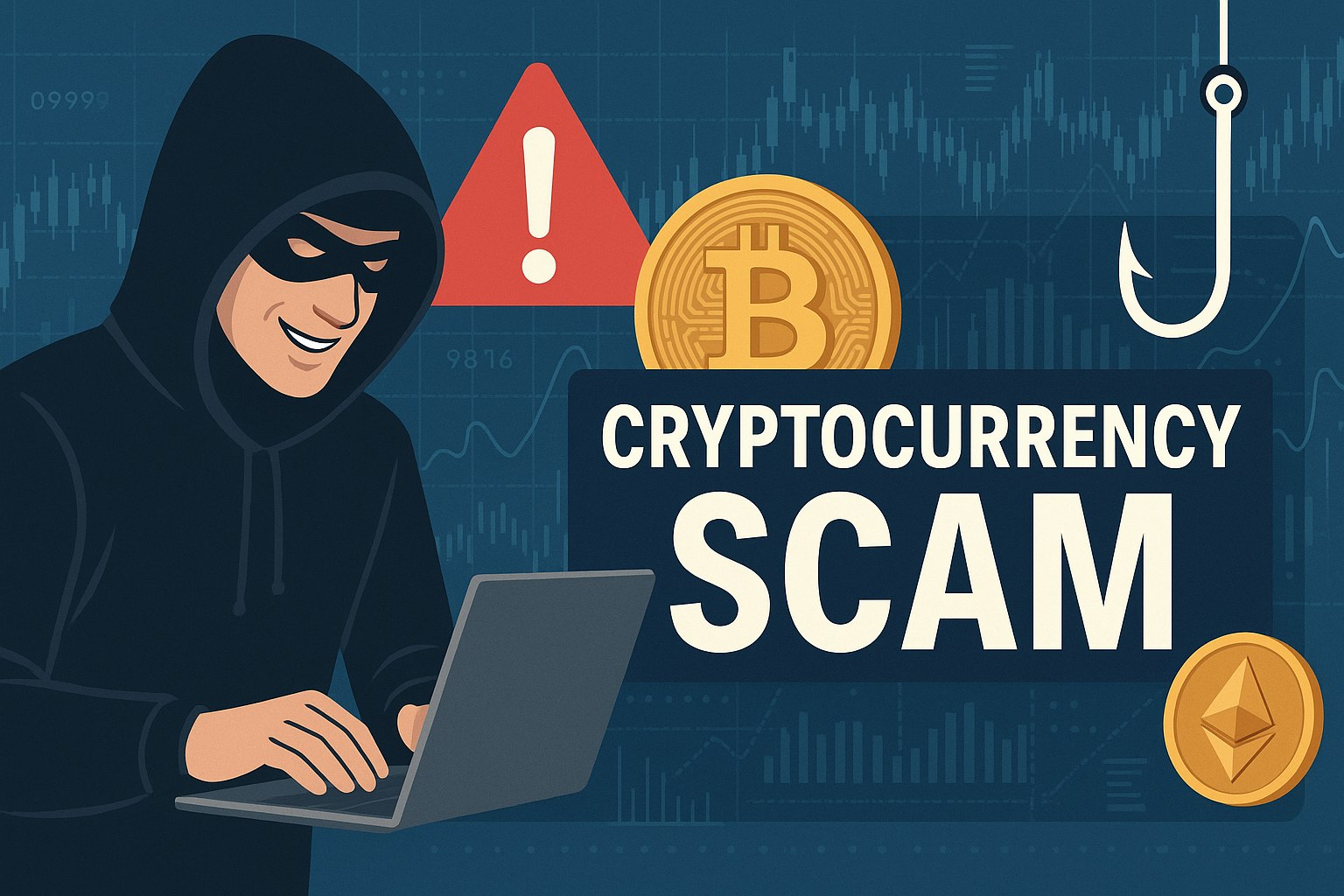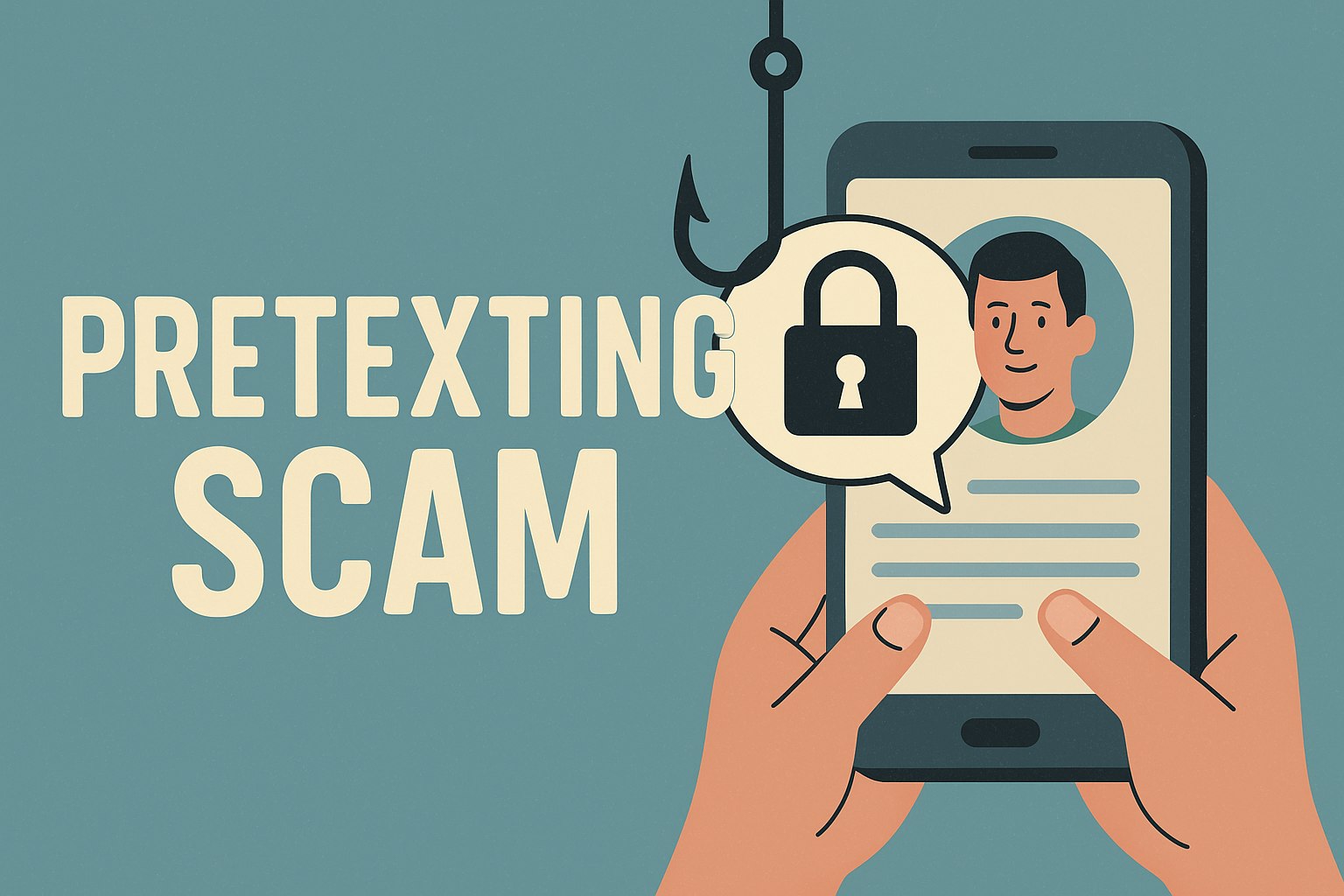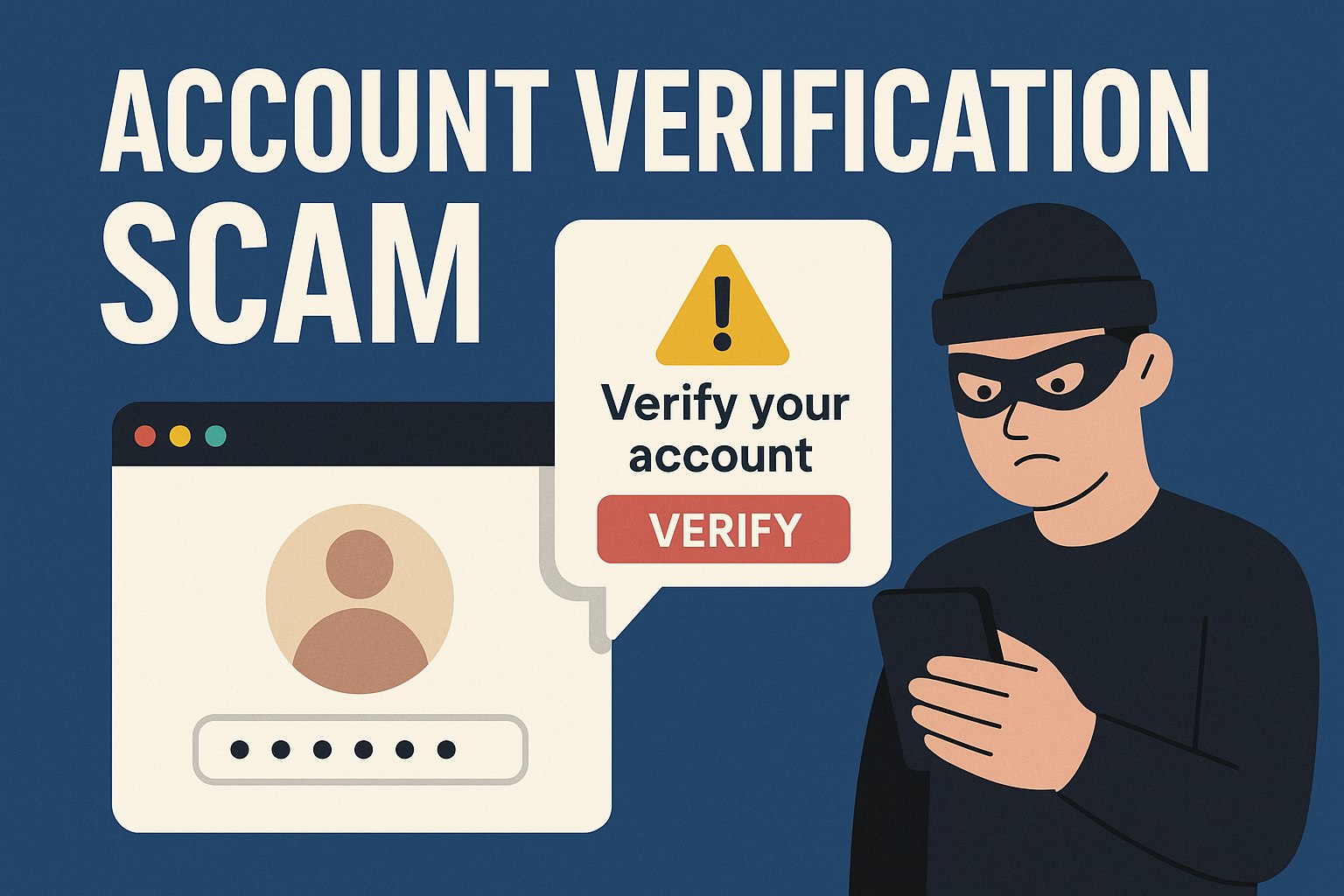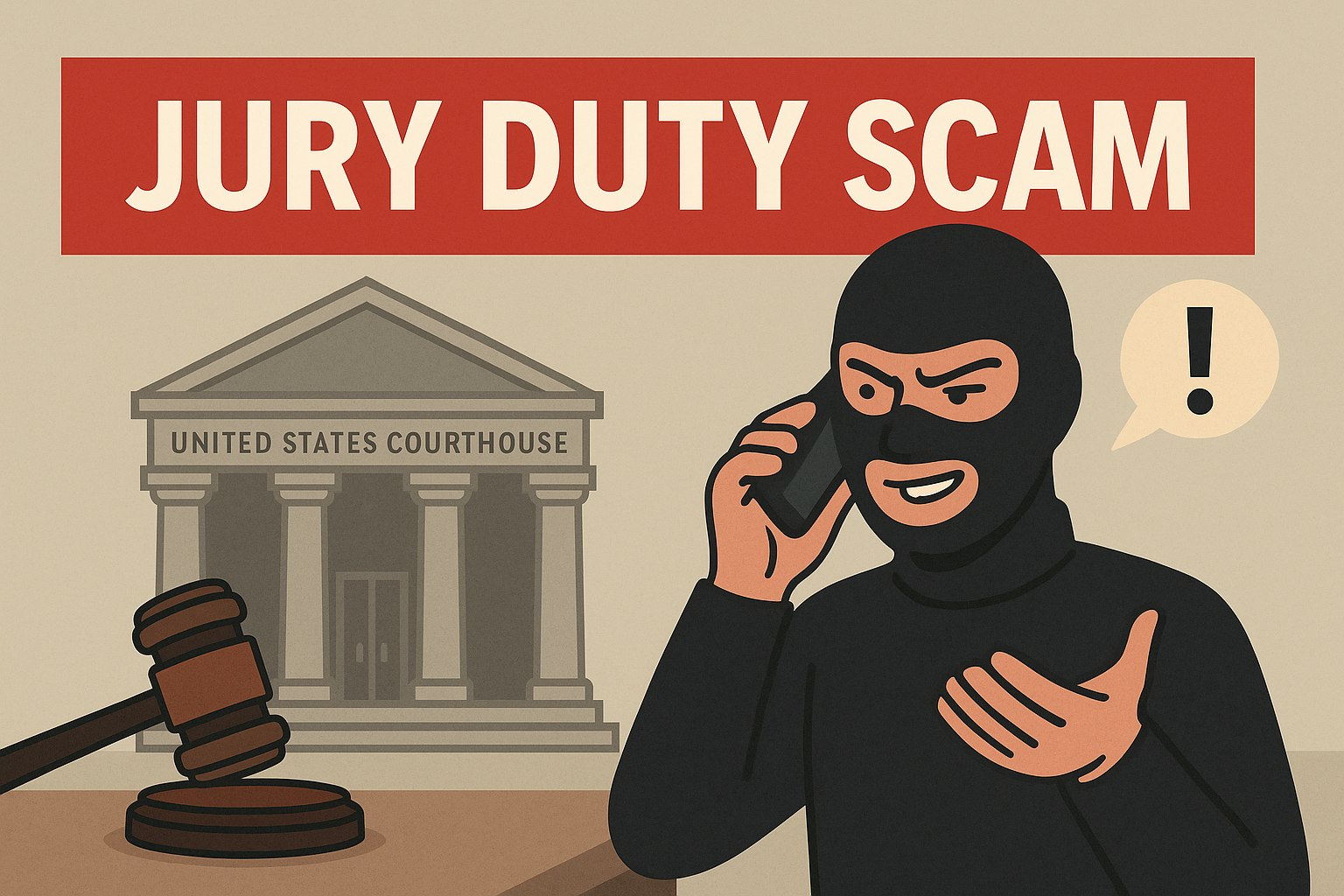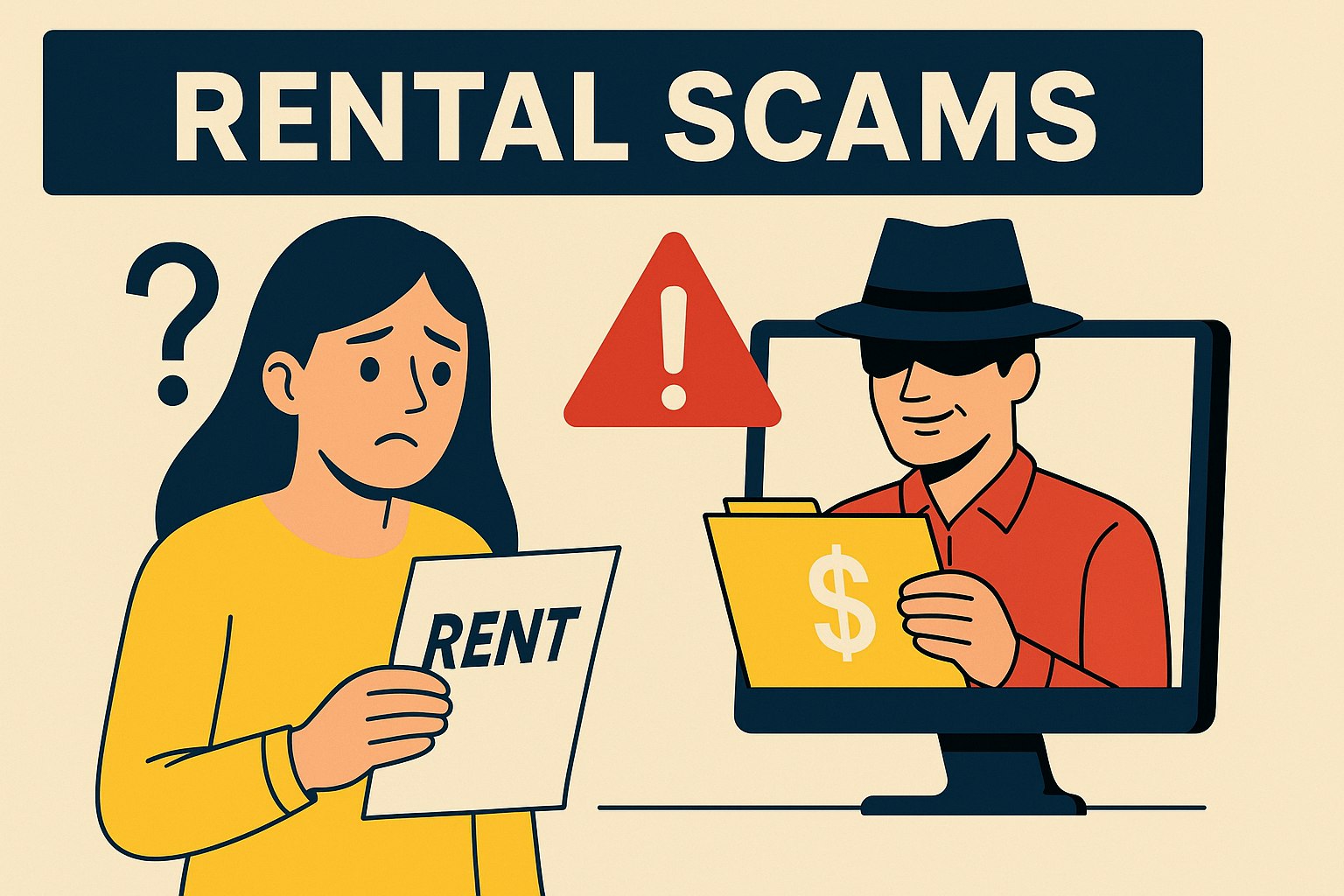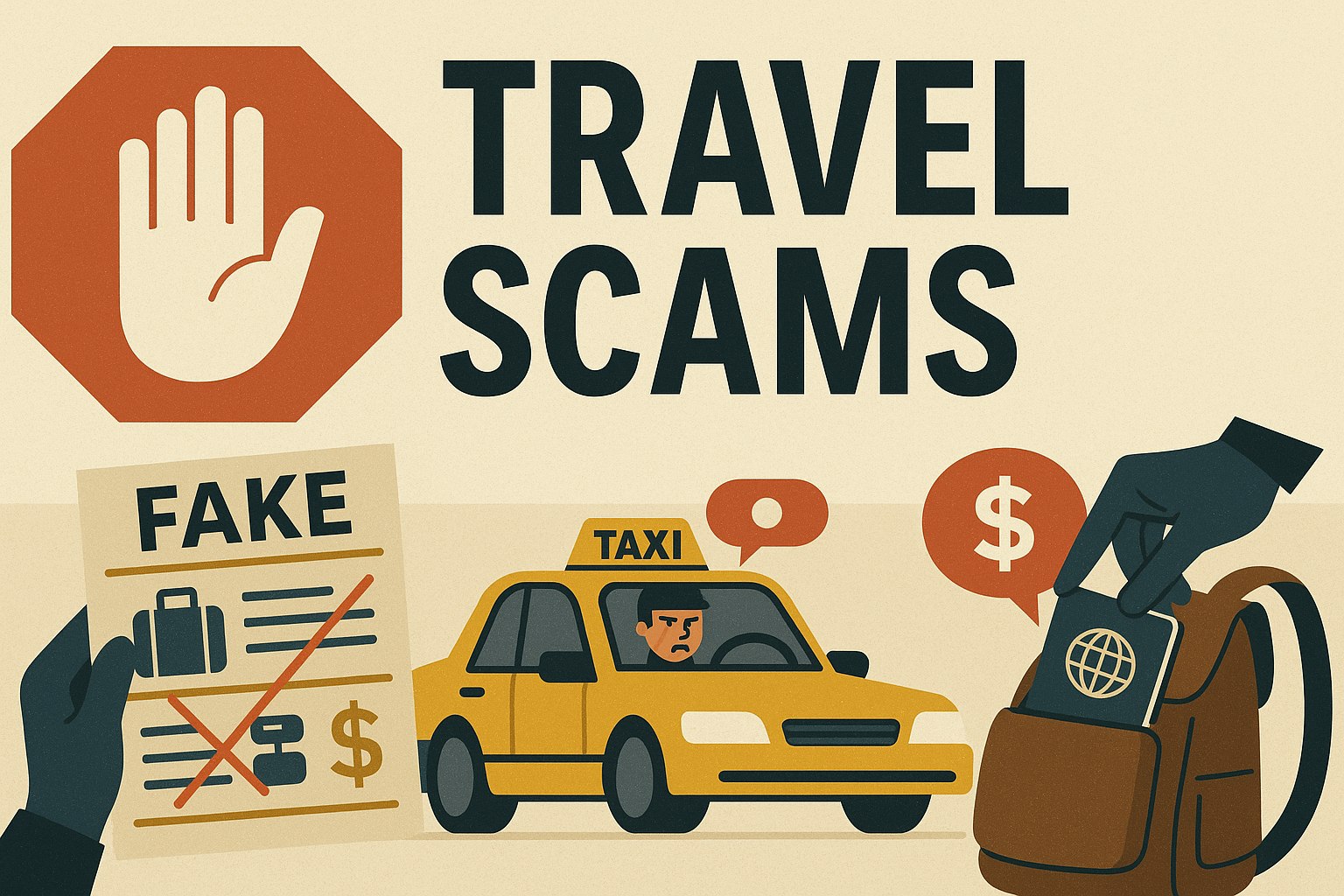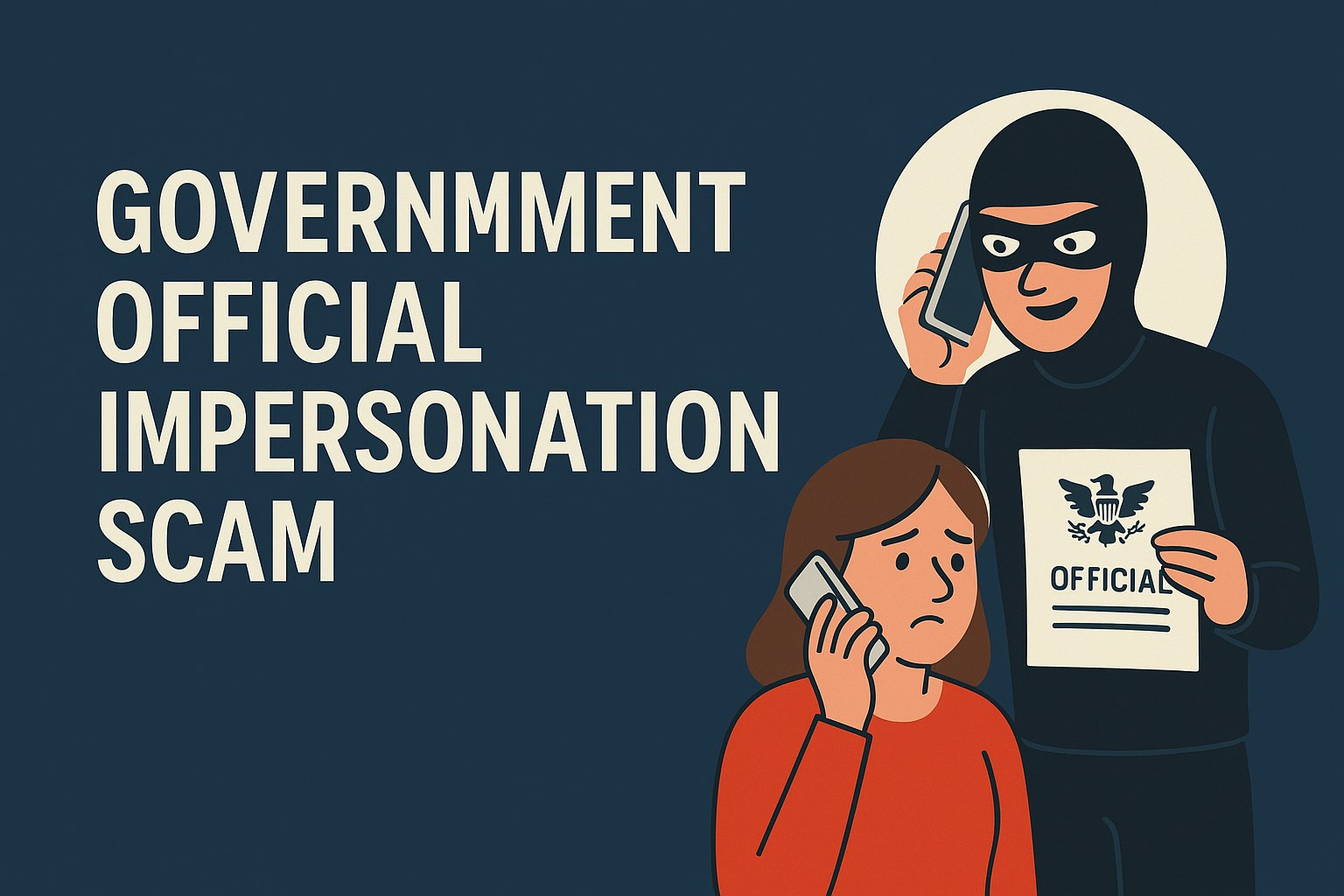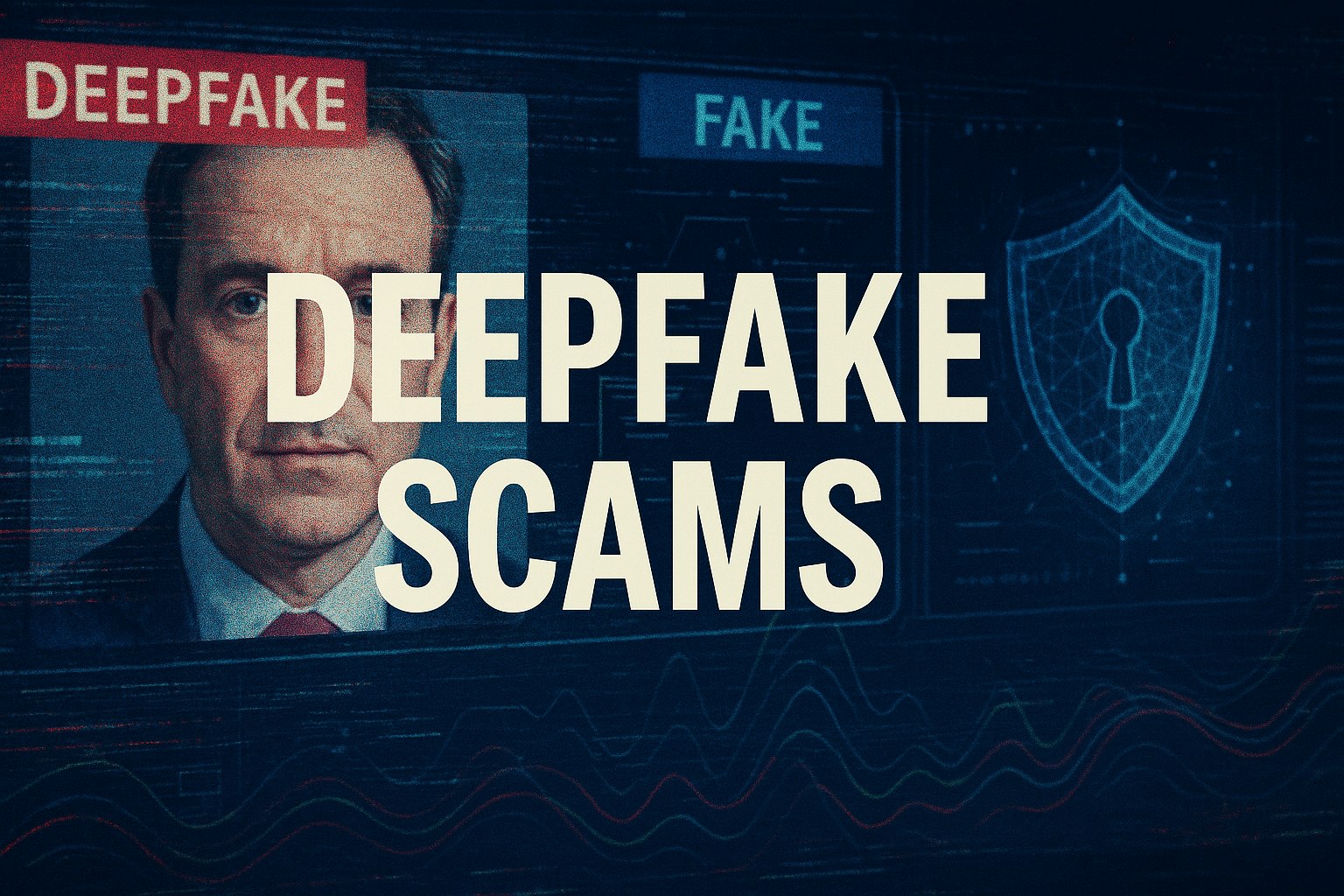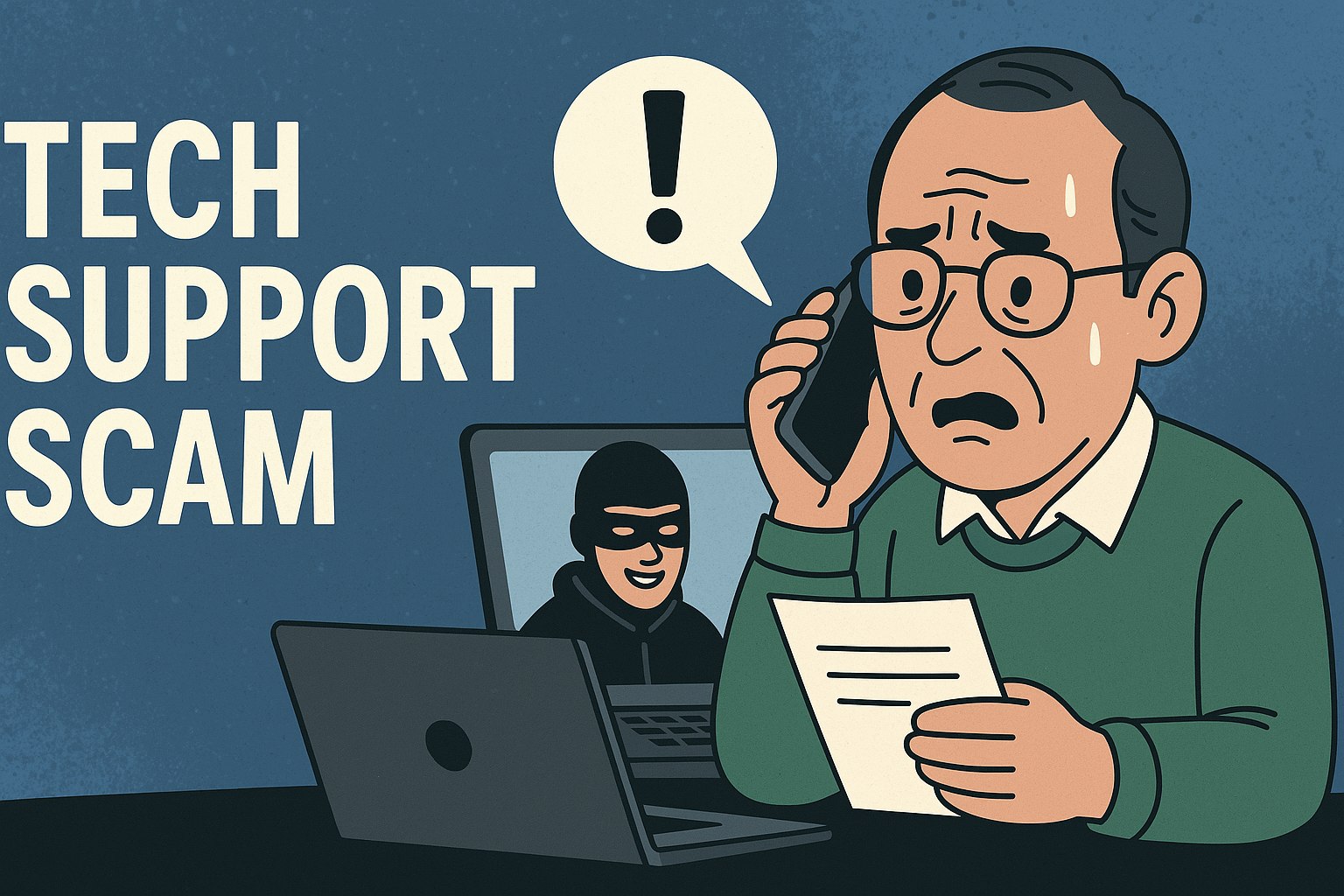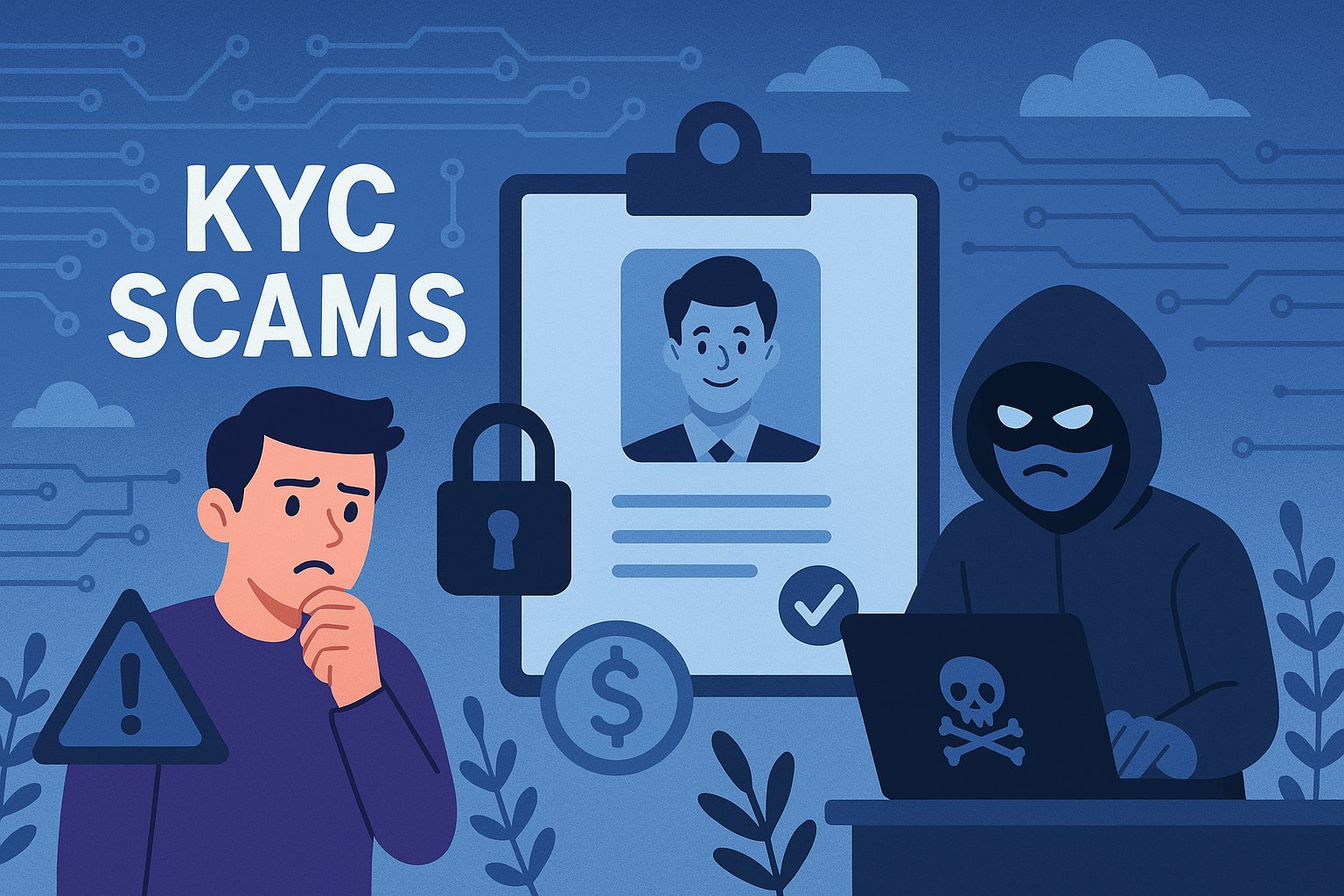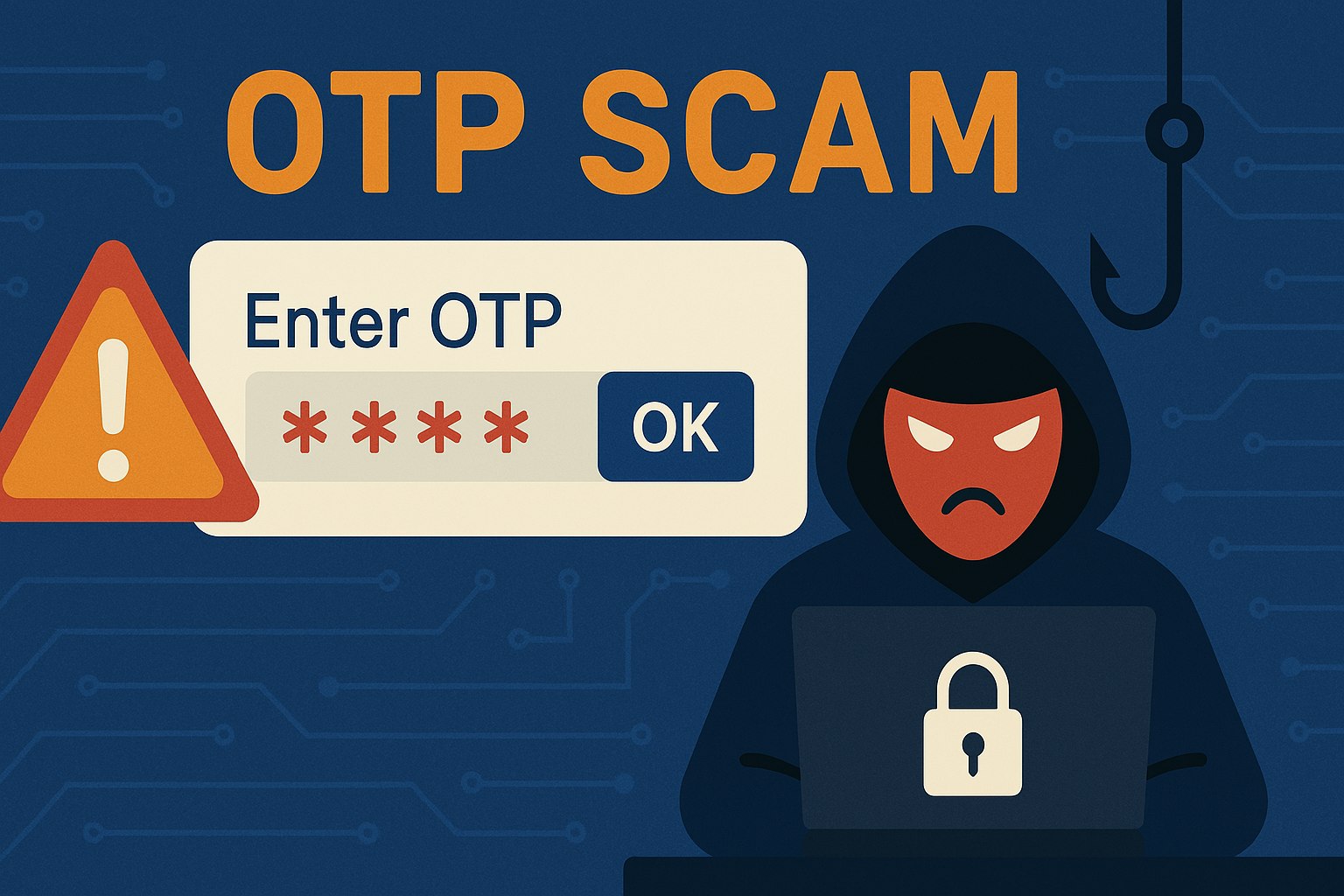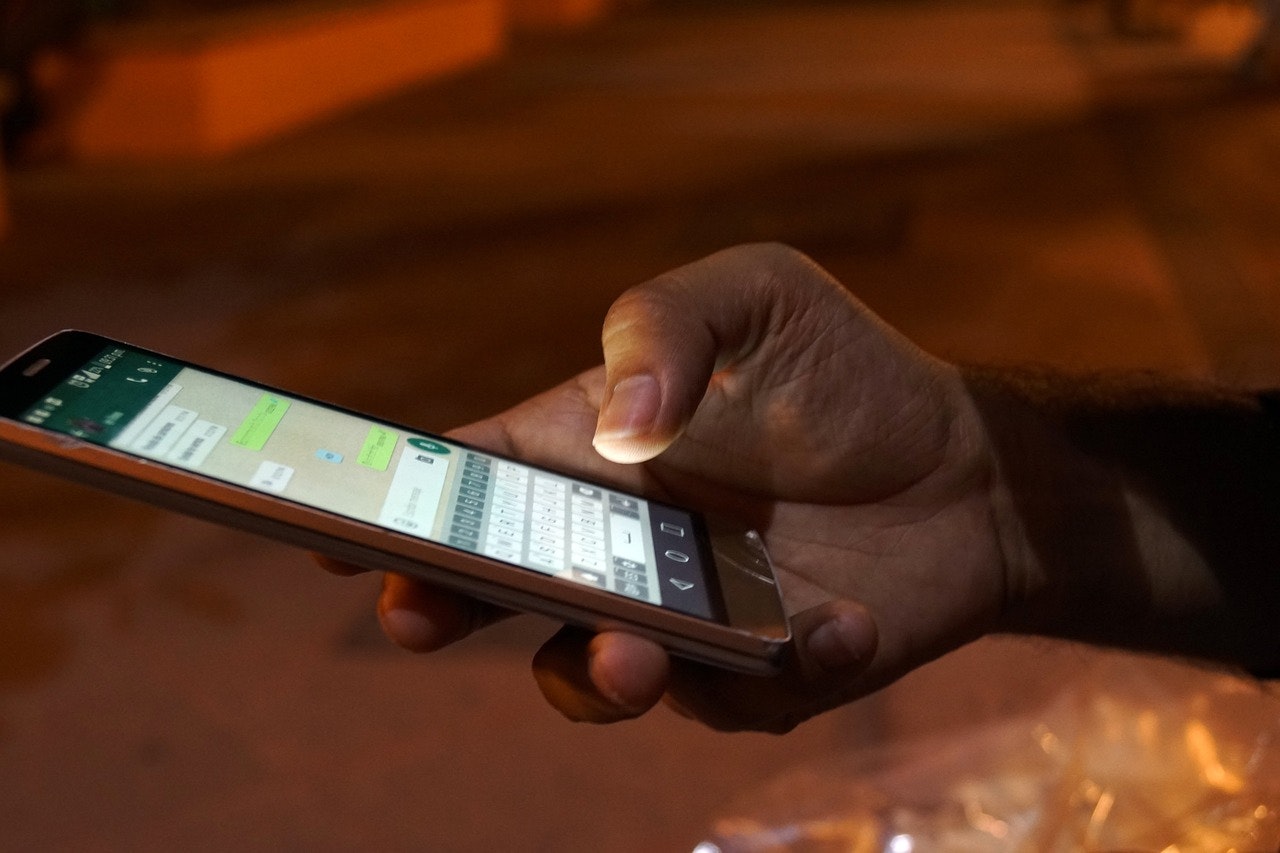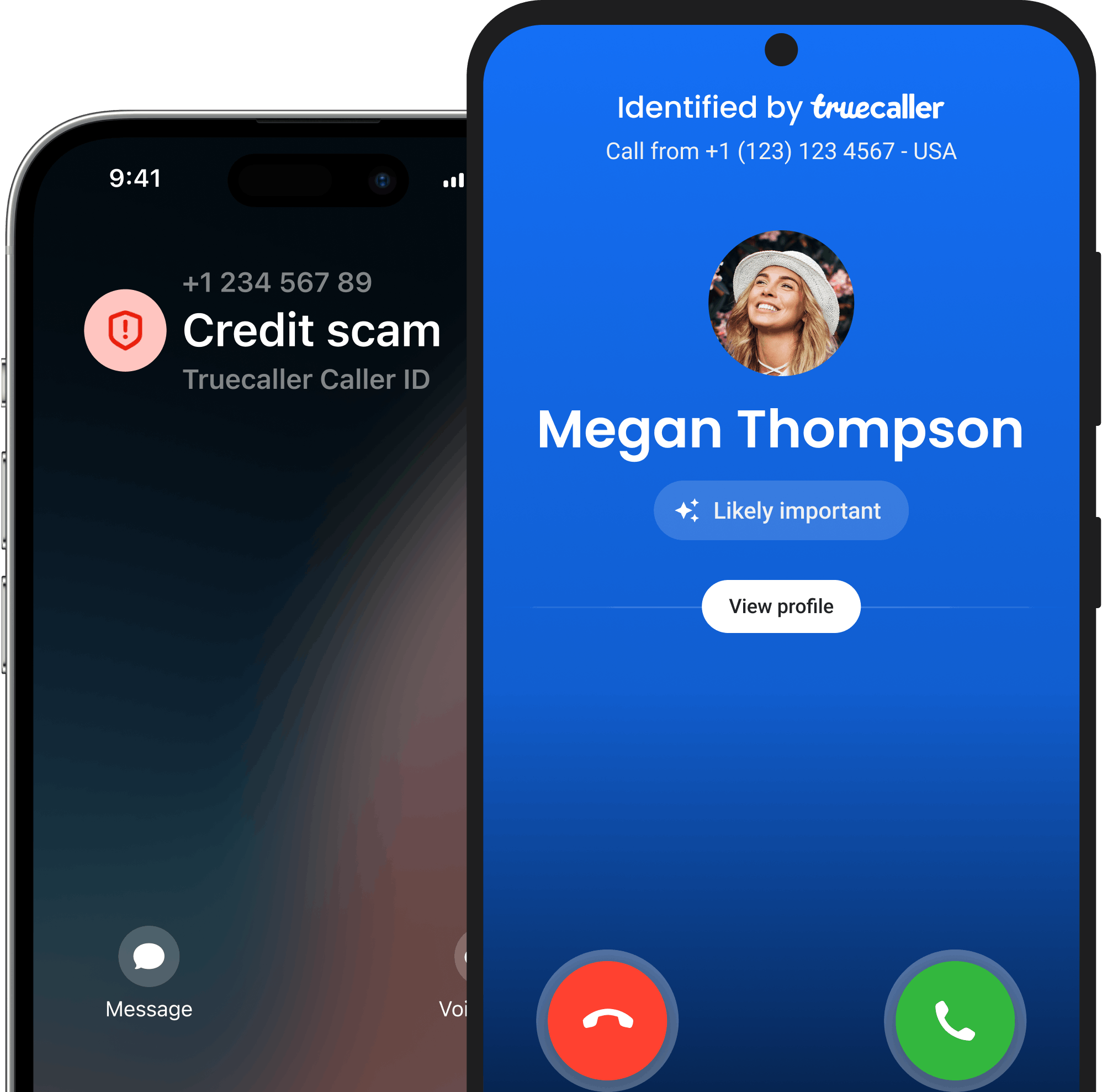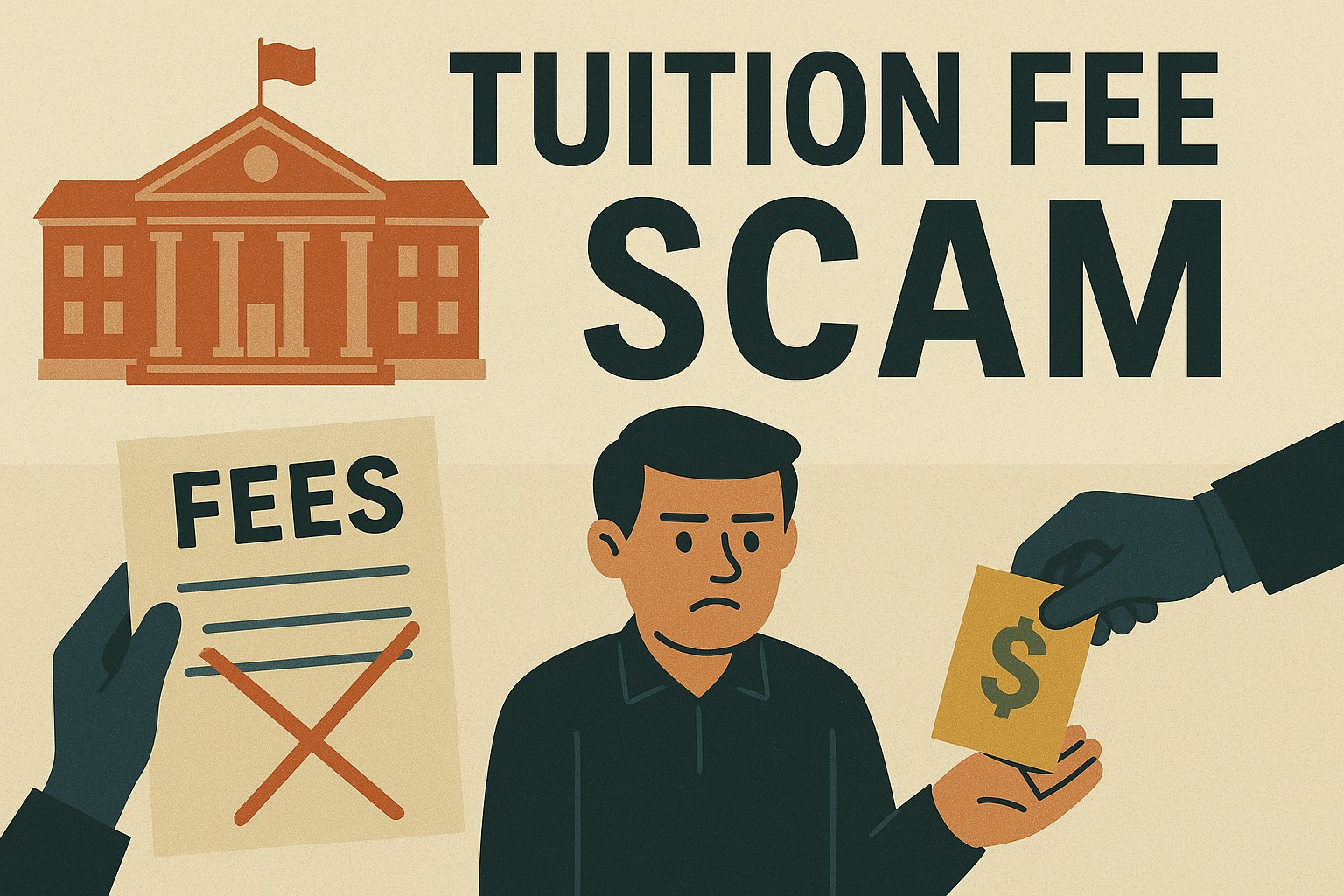
Tuition Fee Scam
What are college tuition scams?
College tuition is expensive, and high interest rate loans add to the financial burden, which gives an opportunity to the scammers to come up with deceptive schemes targeting vulnerable individuals. Their tactics range from pretending to offer help with loan repayment to coercing victims into paying unnecessary fees. These college tuition fee scams are not only manipulative but also emotionally distressing for those already under financial pressure.
Here’s how fraudsters cheat people in college tuition fee scams
According to one of the university fee scam alerts in UK colleges, scammers were found offering to repay student loans at a discounted rate, even though universities don't provide such discounts. Many students fall victim to these fake offers, where scammers pay the fees using stolen credit cards. Once the fraud is discovered, the money is reversed, leaving the student responsible for the full fee amount once again.
These phone calls are usually targeted towards the parents. Fraudsters call the parents and tell them that the tuition fee has not been paid for the semester.
The fraudsters threaten their targets with warnings that the student will be barred from attending classes if the tuition fee isn’t paid. They then pressure the victims into providing their card details and disclosing personal information. These fake tuition payment requests or threats should always be verified through official university channels.
The easiest way to confirm if you are speaking with a scammer is to wait until they tell you how to make the payment. Asking for payments through wire transfers, gift cards, or cryptocurrency is a telltale sign that you are being scammed.
Fraudsters send malicious payment links via SMS or email that appear to come from the university but are actually designed to steal your money and redirect it to their own accounts.
How to protect yourself from tuition fee scams?
Protect your money from fraudsters who prey on innocent students and parents, scamming them out of their college funds. Here are a few simple things to keep in mind:
- Verify payment requests: If you receive a tuition fee payment request from an unknown source, do not trust it. If your fee is due, verify it directly with the university and make the payment only through official channels.
- Protect your bank details: You should never share your important passwords, PINs, identity documents, or credit card details with anyone.
- Be informed and educate your parents: Stay informed and educate others about ongoing scams and the new tricks scammers use to steal your money. If a deal seems too good to be true, such as an interest-free loan or a discount on tuition fees, be cautious and always verify it with the university.
- Use Truecaller app: Identifying unknown callers before answering their calls and avoiding a flood of spam messages is exactly how Truecaller helps. It makes life simpler and allows you to deal with potential fraud before it’s too late. With features like real-time caller ID, spam blocking, and a community-based reporting system, Truecaller adds an extra layer of protection by filtering out known fraud numbers.
What to do if you are a victim of a tuition fee scam?
If you have shared important bank details and passwords, change them immediately and enable two-factor authorization
If possible, ask your bank to block your funds or freeze your accounts to protect your money. Act quickly, as the bank may still be able to stop the transaction.
Inform the university so they can guide you on the next steps and check whether any payments were received through unreliable or unauthorized sources.
Flag scam phone numbers on Truecaller to help warn others and prevent more people from falling victim to tuition fee scams.
Where to report a college tuition fee scam?
If you are in the United States, these could be some agencies you could reach out to:
- Federal trade commission: https://consumer.ftc.gov/features/pass-it-on/charity-fraud
- Internet crime complaint centre: https://www.ic3.gov/
Reporting the scam on Truecaller will help prevent others from becoming victims.
- For immediate assistance and guidance on cyber fraud, call 1930 (toll-free)
- Serious Fraud Investigation Office: https://sfio.gov.in/
- Chakshu - Report suspected fraud communication:
https://services.india.gov.in/service/detail/chakshu-report-suspected-fraud-communication
- Sanchar Saathi: https://sancharsaathi.gov.in/sfc/Home/sfc-complaint.jsp
Reporting the scam on Truecaller will help prevent others from becoming victims.
- Police Special Fraud Unit (PSFU)
Email: report@specialfraudunit.org.ng, pro@specialfraudunit.org.ng
Whatsapp: 08127609914
Voice Call/SMS: 07082276895
Social Media: Facebook - Economic and Financial Crimes Commission (EFCC)
Email: info@efcc.gov.ng
Phone number: +234 8093322644, +234 (9) 9044751
Social Media: Facebook, Twitter, Instagram - Independent Corrupt Practices Commission (ICPC)
Email: info@icpc.gov.ng
Phone number: 08076369259, 08076369260
Social Media: Instagram, Twitter, Facebook
Reporting the scam on Truecaller will help prevent others from becoming victims.
- Action fraud: https://www.actionfraud.police.uk/charities
- Fundraising regulator: https://www.fundraisingregulator.org.uk/complaints
- GOV.UK: https://www.gov.uk/report-suspicious-emails-websites-phishing
- National cyber security centre: https://www.ncsc.gov.uk/
Reporting the scam on Truecaller will help prevent others from becoming victims.
- CSA Singapore: https://www.csa.gov.sg/cyber-aid
- File a police report at https://eservices1.police.gov.sg
Reporting the scam on Truecaller will help prevent others from becoming victims.
- Scamwatch: https://www.scamwatch.gov.au/
- Email: ReportScams@ato.gov.au
- Scam helpdesk: https://www.servicesaustralia.gov.au/phone-us?context=64107#scams
Reporting the scam on Truecaller will help prevent others from becoming victims.
- South African Fraud Prevention Service: https://cybercrime.org.za/reporting
- Internet Service Providers’ Association (ISPA): https://ispa.org.za/safety/report-cybercrime/
- In case of SIM fraud, please contact your mobile service provider
Reporting the scam on Truecaller will help prevent others from becoming victims.
- Online: Cybercrime Investigation Unit (Korean National Police Agency) https://cyberbureau.police.go.kr/eng/index.do
- Phone: 182
- Korea Internet & Security Agency (KISA) – Cyber Incident Response Center: https://www.krcert.or.kr
- Phone: 118 (Cybercrime and Online Fraud Hotline)
Reporting the scam on Truecaller will help prevent others from becoming victims.
- Office of cybercrime: https://cybercrime.doj.gov.ph/contact-us-2/
- Email: cybercrime@doj.gov.ph
- National Bureau of Investigation (NBI) – Cybercrime Division: https://nbi.gov.ph/
- Philippine National Police (PNP) – Anti-Cybercrime Group: https://acg.pnp.gov.ph/
Reporting the scam on Truecaller will help prevent others from becoming victims.
- Canadian Anti-Fraud Centre (CAFC): https://antifraudcentre-centreantifraude.ca/report-signalez-eng.htm
- Local police (non emergency line)
Reporting the scam on Truecaller will help prevent others from becoming victims.
- Federal Criminal Police Office (Bundeskriminalamt - BKA): https://www.polizei.de/Polizei/DE/Einrichtungen/ZAC/zac_node.html
- Local police
Reporting the scam on Truecaller will help prevent others from becoming victims.
- Online: https://www.service-public.fr
- Phone: Call 17 or go to the nearest police station
Reporting the scam on Truecaller will help prevent others from becoming victims.
- Spanish National Police (Policía Nacional): https://www.policia.es
- Grupo de Delitos Telemáticos" (GDT) email: gdt@guardiacivil.org
- Online form: https://www.guardiacivil.es
Reporting the scam on Truecaller will help prevent others from becoming victims.
- Contact local police
- Phone: 114 14
- Online information:
Reporting the scam on Truecaller will help prevent others from becoming victims.
- Japan Anti Fraud Organization: https://japanantifraud.org/report-a-fraud-in-japan/
- Police advisory service for non-emergency: #9110
Reporting the scam on Truecaller will help prevent others from becoming victims.
- Internet safety concern: https://report.netsafe.org.nz/hc/en-au/requests/new
- Cyber security issues: https://www.cert.govt.nz/report/
- Phone: 0800 CERT NZ (0800 2378 69)
- Phone: 111 Immediate threat (emergency no)
- Phone: 105 (non emergency)
Reporting the scam on Truecaller will help prevent others from becoming victims.
- UAE Cybercrime Reporting: https://www.ecrime.ae
- Dubai Police: https://www.dubaipolice.gov.ae
- Abu Dhabi Police: Contact Aman Service 8002626 (tollfree)
- Email: cert@ae.gov.ae.
- Al Ameen Service (Dubai & UAE-wide): Call 8004444
- Email: www.alameen.ae (report anonymously)
Reporting the scam on Truecaller will help prevent others from becoming victims.
- Criminal Intelligence Service Austria: https://www.bundeskriminalamt.at/en/602/start.aspx
- European Anti-Fraud Office: https://anti-fraud.ec.europa.eu/olaf-and-you/report-fraud_en
- Fraud Prevention Office: https://www.bmf.gv.at/services/aemter-behoerden/abb.html
Reporting the scam on Truecaller will help prevent others from becoming victims.
- Dublin Jury Office: +353 1 798 8008
- Email: dublinjuryoffice@courts.ie
- Local police
Reporting the scam on Truecaller will help prevent others from becoming victims.
Conclusion
Saving for college or taking out loans is stressful enough, and falling victim to scams that steal your hard-earned money will only make it worse. Never trust unknown links for payments or unsolicited calls demanding immediate fee payments. When in doubt, reach out directly to your university. Always use official websites for transactions, and be wary of offers promising huge discounts.

